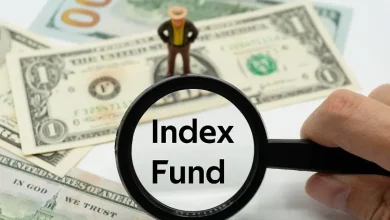Political Danger

Political Risk: What Is It?
Political risk is the possibility that a nation’s political unrest or changes in power will negatively impact an investment’s profits. An instability influencing investment returns may result from military control, other foreign policy makers, legislative bodies, or the administration. Also referred to as “geopolitical risk,” political risk increases in importance as investment horizons get longer. They’re regarded as a particular kind of jurisdiction risk.
DISCUSSING POLITICAL RISK
Political risks are infamously difficult to measure since, when analyzing a single country, sample numbers are small and case studies are few. Certain political risks can be covered by foreign organizations or other governmental entities. Political risk has the potential to reduce investment returns or even eliminate the option to withdraw money from an investment.
Political Risk Types
Businesses are impacted not only by market-driven forces but also by governmental policies. Governments have a lot of power to make decisions that impact specific companies, sectors of the economy, and the economy as a whole. They consist of trade tariffs, spending, taxes, regulations, currency valuation, and labor rules including minimum wage and environmental restrictions. The laws can have an effect, even if they are simply proposals. Federal, state, local, and international governments all have the authority to enact regulations.
A company’s Securities and Exchange Commission (SEC) filings or, in the case of a mutual fund, the prospectus, may contain information on certain political risks.
Protection Against Political Hazards
Multinational corporations, or companies with global operations, have the option to buy political risk insurance in order to eliminate or lessen specific political risks. In addition, investors and management may focus on the core competencies of the company, knowing that losses due to political risks will be minimized or completely avoided. Covered actions typically include terrorism and conflict.
An Illustration
In the operating risk section of its fiscal 2015 10-K filing with the SEC, Wal-Mart Stores Inc. listed some political risks that the company faced. Wal-Mart listed possible political and economic instability in the nations where its international suppliers conduct business, labor issues, potential foreign trade restrictions, and tariffs as concerns related to its suppliers.
The business describes the risk related to legislative, judicial, regulatory, political/economic, and other hazards in its section on regulatory, compliance, reputational, and other risks. Political instability, legal and regulatory restrictions, local rules pertaining to product safety and the environment, tax laws, labor laws, trade policies, and currency controls are some of the risk factors that have been identified. Wal-Mart especially brought up Brazil and the intricacy of its national, state, and local rules.



